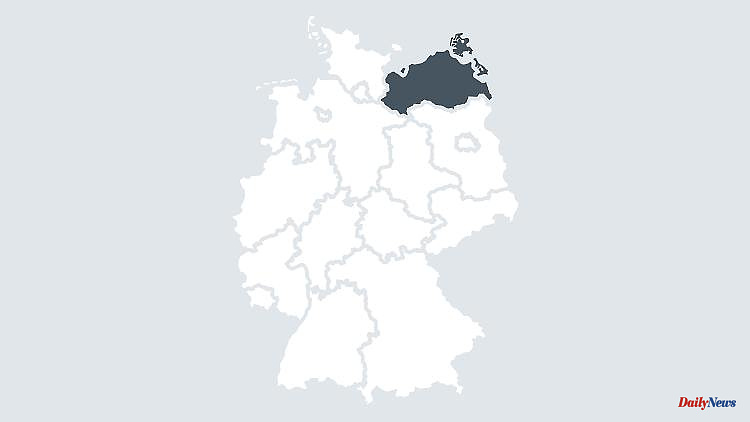Rostock (dpa/mv) - With significantly lower expectations and at the same time great worries about the future, the companies in the area of the Rostock Chamber of Industry and Commerce are looking ahead to the further course of 2022. The background is the further noticeable effects of the Corona crisis, the consequences of the zero -Covid strategy in China and the associated delivery bottlenecks as well as the consequences of the Ukraine war, which are also dramatic for many companies, said the deputy IHK general manager Peter Volkmann on Tuesday at the presentation of the early summer economic survey.
According to the survey, only 16 percent of the companies expected business to improve, in early summer 2021 it was still 26 percent. However, the current business situation is quite stable. Around 90 percent of the companies reported a satisfactory or good situation, but a little more than 10 percent are currently worse off than at the beginning of the year.
In view of the high burdens on the economy, Volkmann called on politicians to provide further relief. For example, the question arises as to whether the reduction in energy tax will be sufficient for three months, said Volkmann. With a view to Mecklenburg-Western Pomerania, he says: Whether a well-intentioned additional holiday such as Women's Day from next year is currently the right signal is quite questionable.
Business expectations varied across sectors. Construction, industry and trade have significantly worse expectations than, for example, the hospitality industry, where a positive attitude prevails.
At the same time, almost all companies (92 percent) are affected by cost and price increases. The extent of the increases can no longer be compensated for by most companies and must be passed on to the customers. 70 percent have already done so or intend to do so.












